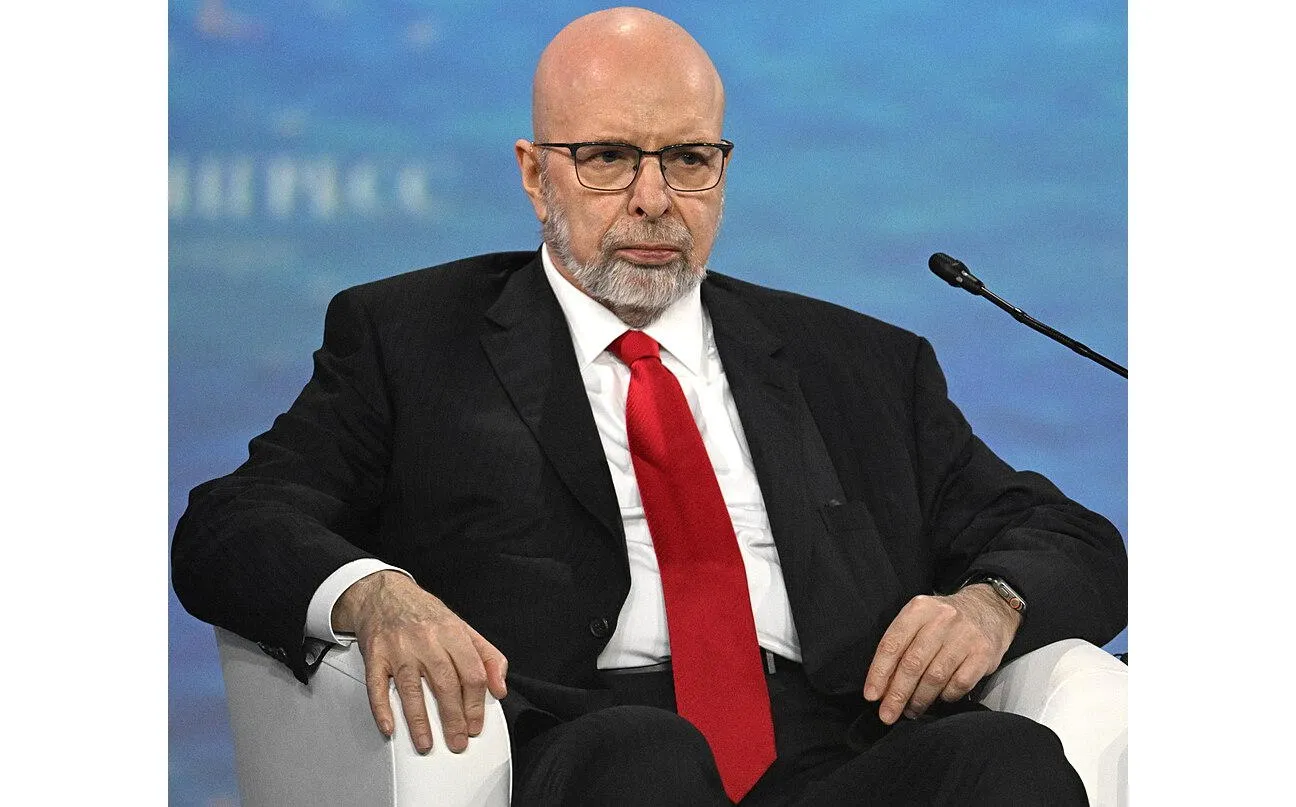In an article for Foreign Policy, Kathleen J. McInnis and Daniel Fata argue that not China, but “Russia Is a Real Threat to NATO” and that “despite its failings, the Russian military is still a powerful force.” Both McInnis and Fata are with Georgetown’s Center Strategic and International Studies (CSIS): McInnis is a senior fellow in CSIS’s International Security Program and director of ISP’s Smart Women, Smart Power Initiative, and Daniel Fata is a former U.S. deputy assistant secretary of defense for Europe and NATO, and a nonresident senior advisor associated at CSIS, in association with the CSIS International Security Program. (https://foreignpolicy.com/2022/05/20/russia-threat-nato-madrid-summit/)
They write: “Recent events in Ukraine have once again proved that reports of NATO’s death are an exaggeration. Many leaders across the alliance have been quick to respond to Russia’s invasion of Ukraine with aid to Kyiv, increases in their own country’s defense budgets, or both.”
Over June 29-30, “NATO leaders will meet in Madrid to endorse the alliance’s new strategy…. Some take the view that Madrid should mark a reprioritization of U.S. efforts away from Europe and back toward Asia. Their logic goes that not only is European defense spending increasing, but Russia has also demonstrated ineptitude in the prosecution of its war in Ukraine. That means the longer-term need for significant U.S. forces in Europe has also therefore declined. And, after all, China is the pacing threat for the Department of Defense planning,” hyperlinking to a November 2021 Pentagon news posting, “China Remains ‘Pacing Challenge’ for U.S., Pentagon Press Secretary Says.”
In fact, the opposite is true, say McInnis and Fata, since “Russian President Vladimir Putin has made it abundantly clear that he views NATO as a strategic threat.”



